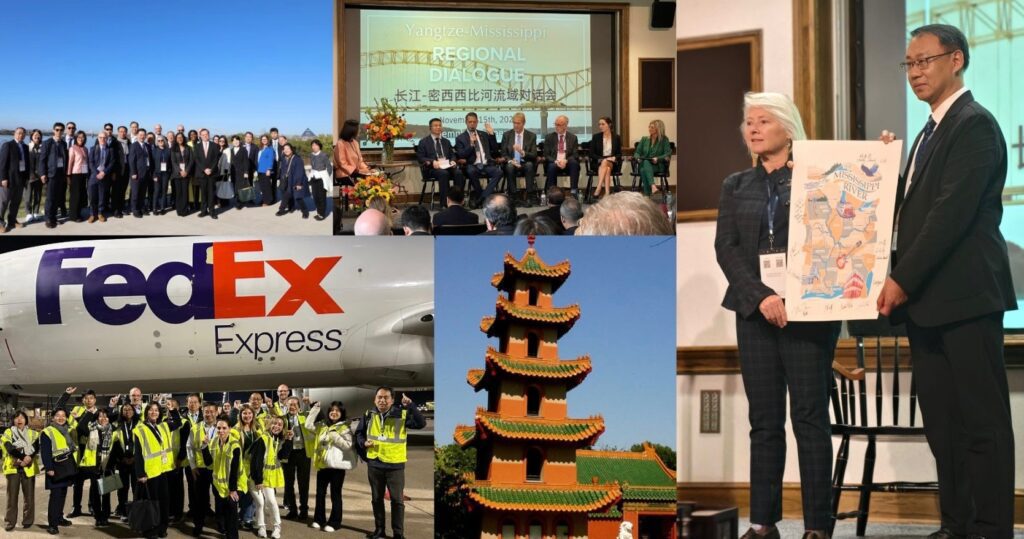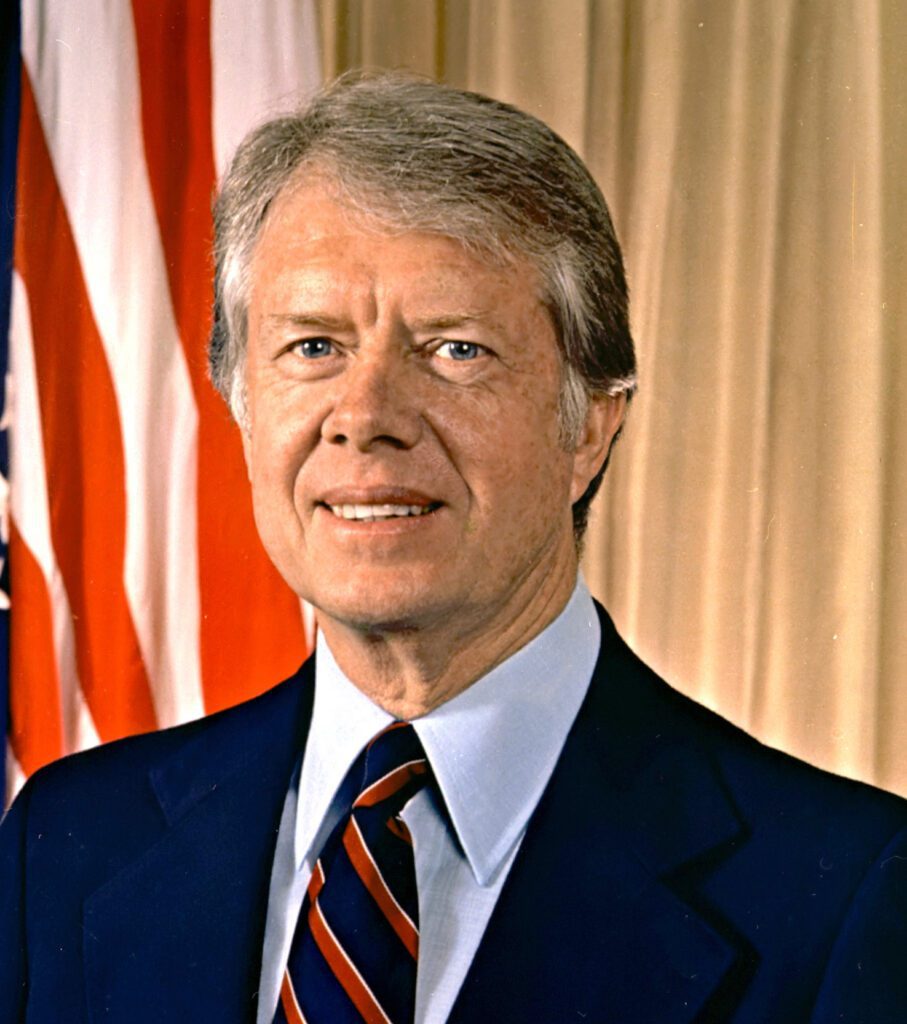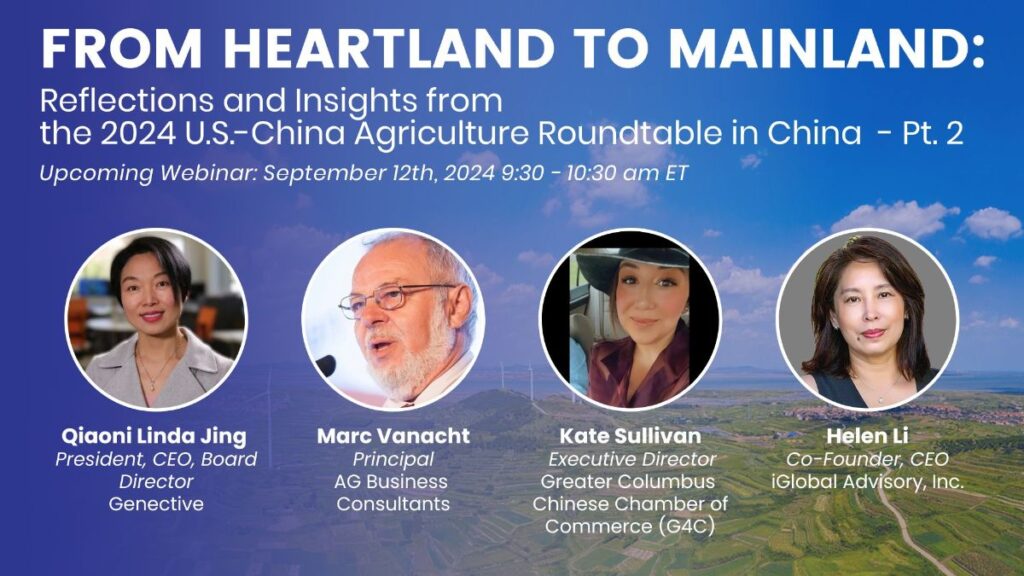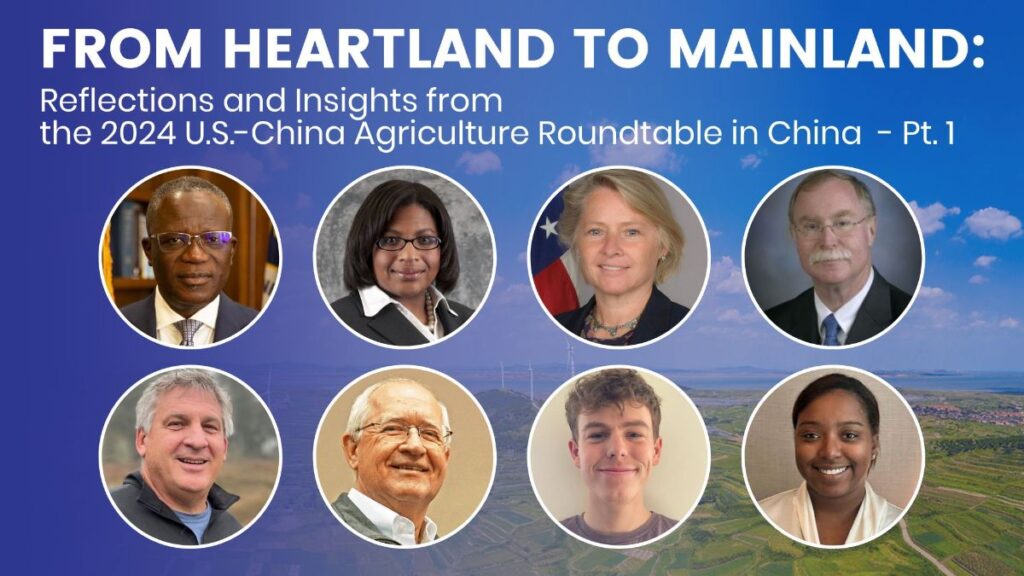Yangtze-Mississippi Regional Dialogue Welcomes Historic Chinese delegation to Memphis
A dynamic mix of stakeholders from the communities along the Yangtze River and Mississippi River convened at the Yangtze-Mississippi Regional Dialogue on November 15th, 2024 in Memphis. Representatives spanning 17 U.S. states, as well as from Washington D.C., welcomed a […]
Yangtze-Mississippi Regional Dialogue Welcomes Historic Chinese delegation to Memphis Read More »











